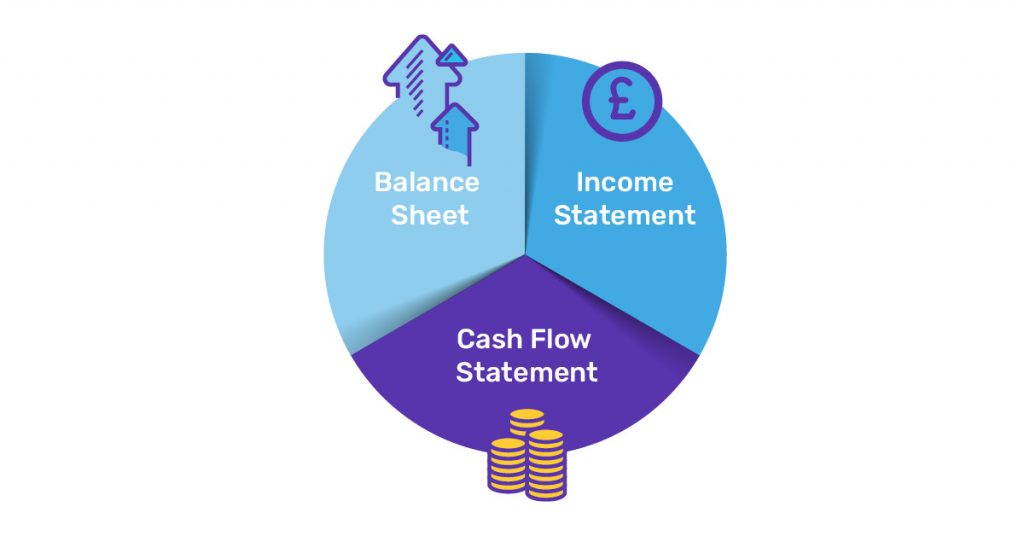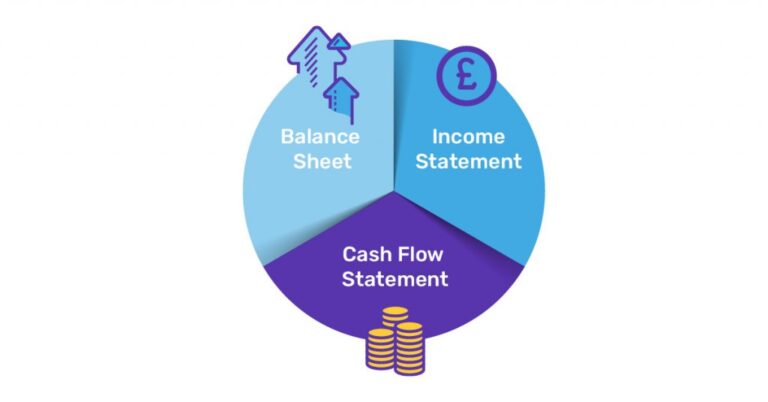Starting a new business is exciting but can also feel like venturing into uncharted waters. One crucial way to navigate these waters successfully is through market research. Understanding your market and potential customers can be the difference between sinking and swimming for a startup. Let’s dive deep into why market research is essential for startups and how you can conduct it effectively.
What Is Market Research?

Market research involves collecting, analysing, and interpreting information about a market, including its customers, competitors, and overall industry trends. For startups, this means gaining insights into potential customers’ needs and how their product or service fits into the larger market landscape.
Types of Market Research

Understanding the different types of market research can help you choose the right approach for your startup.
Primary Research
Primary research involves collecting firsthand information directly from potential customers. This can include surveys, interviews, and focus groups. You get to hear your target audience’s thoughts directly from the horse’s mouth.
Secondary Research
Secondary research involves analysing existing data collected by others. This could include reports, studies, or industry statistics. It’s a great way to understand your industry better without gathering the data yourself.
Why Startups Need Market Research
Market research isn’t just for established companies—startups stand to benefit even more from it.
Understanding Customer Needs

Before you launch a product or service, you need to understand what your potential customers want. Market research helps you identify those needs and tailor your offering.
Competitor Analysis
Startups need to know who they’re competing against. Researching your competitors can help you spot gaps in the market and find opportunities to differentiate your business.
Market Opportunities

Spotting trends and opportunities early on can give your startup a competitive edge. Market research allows you to stay ahead of the curve and position your product in the right place at the right time.
Benefits of Conducting Market Research Early
Getting a jump on market research can set your startup up for long-term success.
Reducing Risk
Launching a startup is risky, but thorough market research can mitigate some of that risk. Understanding your market can help you make more informed decisions, reducing the chances of costly mistakes.
Identifying Market Demand

Is there even a market for your product? Market research can help you answer this question. Knowing there’s demand for what you’re offering ensures you aren’t investing time and money into a dead-end.
Gaining Investor Confidence
Investors want to see that you’ve done your homework. Solid market research demonstrates that you know your stuff and gives investors confidence that your startup has a clear path to profitability.
Critical Steps to Conducting Market Research for Startups
Conducting market research doesn’t have to be complicated. Here are some steps you can take to get started:
Define Your Objectives
What do you hope to learn from your market research? Whether you’re interested in understanding your customer base or evaluating competitors, clearly define your goals before you begin.
Know Your Target Audience

Who are you trying to reach? Identifying your target audience is essential to collecting relevant data. Get specific—age, income, lifestyle, and preferences all matter.
Collect Relevant Data
Once you know your objectives and audience, it’s time to gather data. Whether through surveys, focus groups, or existing reports, ensure your data is reliable and relevant.
Tools and Techniques for Effective Market Research
Numerous tools and techniques are at your disposal to conduct market research.
Surveys and Questionnaires
Surveys are one of the most popular methods for collecting customer feedback. They’re easy to distribute and allow you to gather information quickly.
Focus Groups

Focus groups provide more in-depth insights into customer opinions. While more time-consuming, they allow you to get detailed feedback from a small group.
Competitor Analysis Tools
There are many online tools available to help you analyse your competition. From SEMrush to Google Trends, these tools give you insight into what your competitors are doing right (and wrong).
Common Mistakes to Avoid in Market Research
While market research is critical, there are some pitfalls you’ll want to avoid.
Relying on Assumptions
It’s easy to assume you know your market without doing any research. This can lead to incorrect conclusions and costly mistakes. Always base your decisions on data, not assumptions.
Not Using a Large Enough Sample Size
The larger and more diverse your sample size, the more reliable your data. Don’t make the mistake of relying on too few responses to shape your business decisions.
Real-Life Examples of Market Research Success

Many successful companies have relied on market research to grow their businesses. Take Airbnb, for instance. They conducted extensive research to understand their customers’ travel habits, which helped them fine-tune their platform and marketing strategies. Without this research, they might never have grown into the travel giant they are today.
Final Thoughts on the Role of Market Research
Market research is the foundation upon which startups can build a successful business. By understanding your customers, competitors, and the broader market, you’ll be better equipped to make intelligent decisions, minimise risk, and maximise opportunities.












